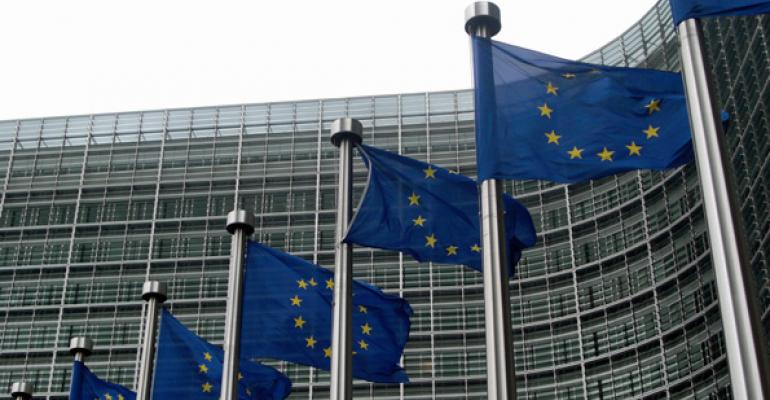In another bid to avoid antitrust action in Europe, Google has submitted a second round of concessions related to its search business to regulators at the European Commission (EC). The firm was asked to try harder two months ago when its initial set of concessions was deemed insufficient.
"We received new proposals from Google in the previous week," EU Commissioner Joaquin Almunia said Monday without providing further details about Google's no-doubt novel attempts to prevent an antitrust smackdown. "If we are satisfied with the new proposals, we can advance toward an agreed solution in the coming months. Once we have completed our analysis, once we will check that these new proposals are able to eliminate our concerns, we will tell Google what to do."
Google confirmed the submission but also declined to disclose what concessions it made. "Our proposal to the European Commission addresses their four areas of concern," Google spokesperson Al Verney said. "We continue to work with the Commission to settle this case."
Google owns a near-monopoly on Internet search in Europe and was previously found to have abused that market position and harmed competitors. In May 2012, the EC told Google to settle the charges or face sweeping antitrust proceedings, which could include behavioral remedies as well as massive fines. Since then, the EC has moved slowly—as usual—and in July 2013, it rejected Google's first set of concessions.
This week's concessions, as with the initial set, must satisfy four areas of EC concern: that Google artificially gave its own services preferential treatment in search results, harming competitors ... that Google stole content from competing services and presented it unattributed in its own results ... that Google forced advertisers to use its advertising services, shutting out competitors ... and that Google prevented advertisers from moving from Google to competing ad services.
Not everyone is convinced that Google will make substantial enough concessions on its own. FairSearch, which jump-started the Google probe in 2010, issued a statement questioning the firm's credibility.
"Given the failure of Google to make a serious offer last time around, we believe it is necessary that customers and competitors of Google be consulted in a full, second market test," the firm noted in the public statement.





